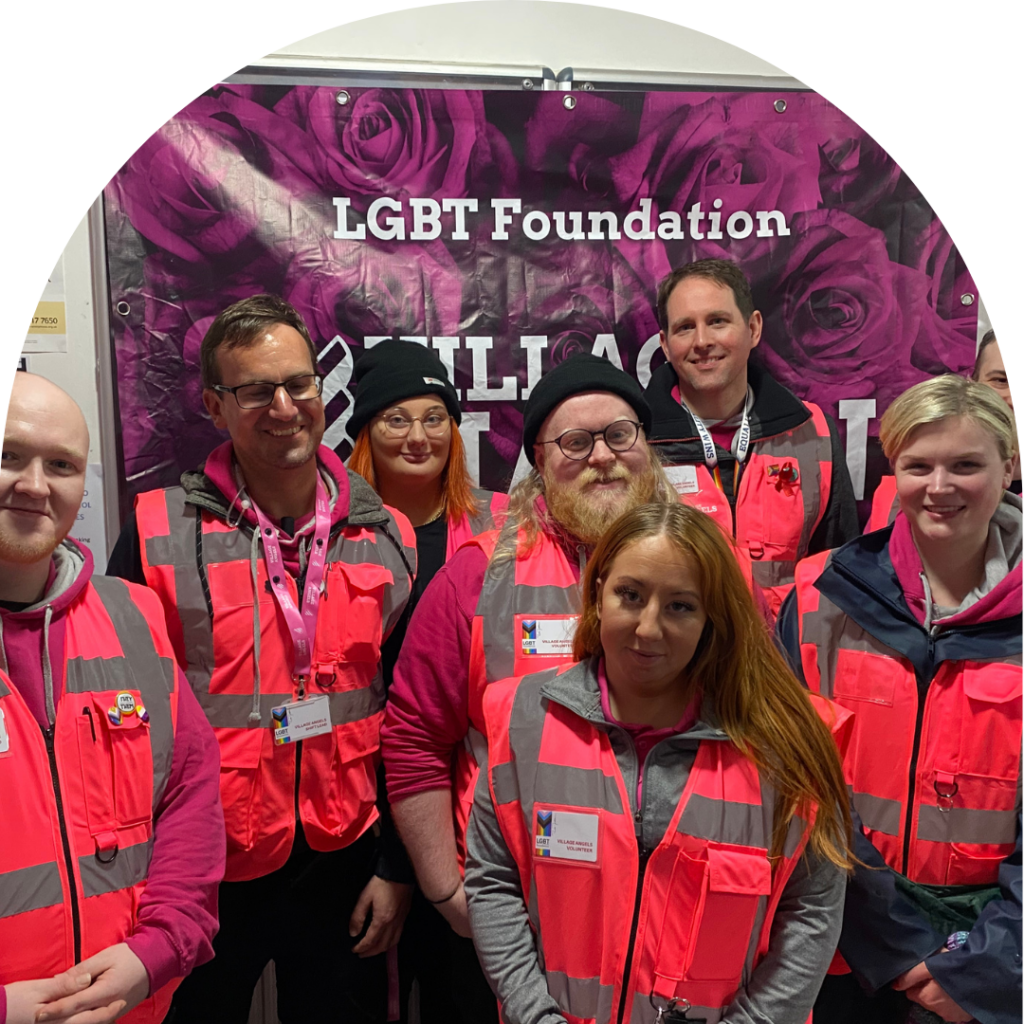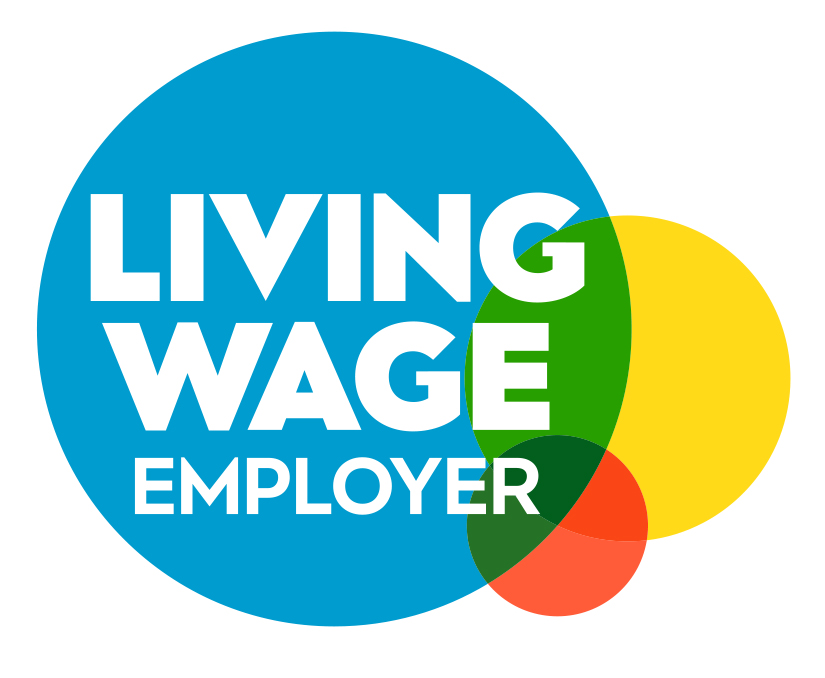
Hate crime in the UK is on the rise.
Experiencing hate crime can be traumatic. Our services are there to support you from healing to reporting.
Hate crimes occur in many forms. They can be assault, harassment or abuse and can happen online or in person. All hate crimes are motivated by a prejudice towards a person’s race, sexual orientation, religion, disability or trans status. Despite much progress in changing societal attitudes, LGBT people still experience hate crimes at alarming rates.
Despite victims increasingly coming forward, more needs to be done to ensure the LGBT community are reporting incidents. YouGov data shows that four in five anti-LGBT hate crimes and incidents go unreported, with young people particularly reluctant to report their experiences to police. Reporting rates are increasing but still dangerously low. LGBT Foundation are working to increase awareness of hate crimes and encourage victims and witnesses to come forward.
Below you can find information and advice on reporting hate crime.

When does a hate crime occur?
An LGBT hate crime is any criminal offence which is perceived to be motivated by hostility towards sexual orientation or trans status (or perceived sexual orientation/trans status).

A guide to reporting LGBTQ-phobic hate crime
There are many reasons why people don’t report hate crimes, these include; mistrust in the authorities, not understanding what outcome reporting could have and even not understanding what a hate crime is.
In our guide to reporting LGBTphobic hate crime, you can find out what the difference between a hate crime and a hate incident is, learn about hate crime legislation and how to report hate crime anonymously.
What is LGBTQ-phobia?
LGBTphobia is an umbrella term for hatred of or discrimination against an individual based upon their sexuality or gender identity. Homophobia is the fear or dislike of someone, based on prejudice or negative viewpoints towards lesbian, gay or bi people.
Homophobic bullying may be targeted at people who are, or who are perceived to be, lesbian, gay or bi. Biphobia is the fear or dislike of someone who identifies as bi based on prejudice or negative attitudes against bi people. Biphobic bullying may be targeted at people who are, or who are perceived to be, bi. Transphobia is the fear or dislike of someone based on the fact they are trans, including the denial/refusal to accept their gender identity.


HELP! I’VE EXPERIENCED DISCRIMINATION
It is important to not place yourself in any danger, even if a stranger or a neighbour discriminates against you based on your sexuality or gender identity.
If you are in immediate danger, it is important to call 999 and speak to the police immediately.
If a hate crime or hate incident happens to you and you are not in danger, makes as many notes about details and times in the moment as is possible then you can report through LGBT Foundation and we act as a 3rd Party Hate Crime Reporting Centre.

How do I report with LGBT Foundation?
Whether you experienced discrimination on the street, in your workplace or by people close to you – it’s not okay.
LGBT Foundation is a 3rd Party Hate Crime Reporting Centre. This means you can report the hate crime you experienced to us, anonymously if you wish.
If you need support please call our helpline on 03453 30 30 30.








